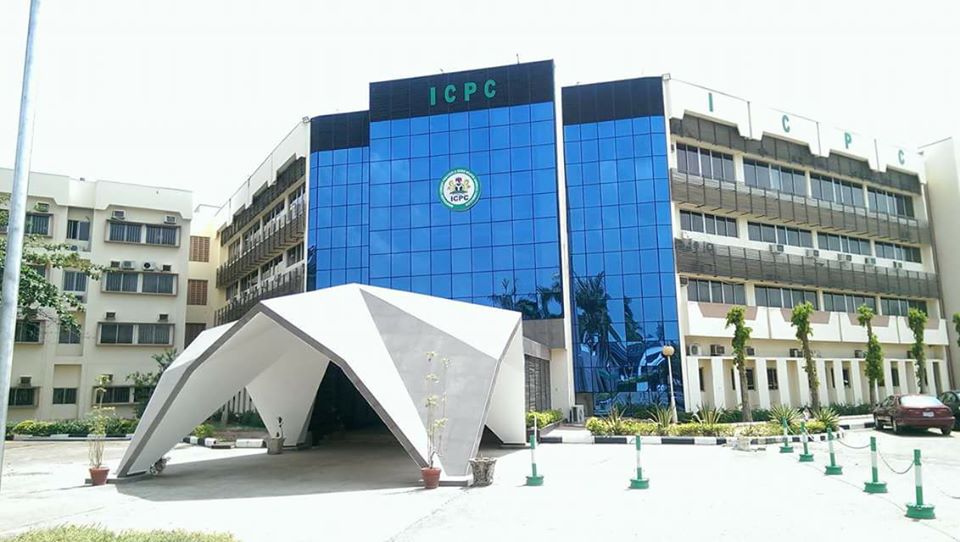In line with its preventive mandate, the Independent Corrupt Practices and Other Related Offences Commission (ICPC) has added the Fiscal Responsibility Commission (FRC) to its long-growing list of Government Ministries, Departments and Agencies with the Anti-Corruption and Transparency Unit (ACTU).
At the inauguration ceremony of the unit which held recently at the headquarters of FRC, ICPC Chairman, Prof. Bolaji Owasanoye who spoke through Mr. Kayode Kupolati of the Corruption Monitoring and Evaluation Department of the Commission, noted that ACTUs were set up in MDAs by ICPC to prevent corruption and ensure transparency and accountability.
Prof. Owasanoye further explained that the Unit was designed to operate as an autonomous outfit with a functional linkage with the office of the Chief Executive of the host MDA to help in the fight against corruption.
On the mandate of the FRC, Prof. Owasanoye said the agency, which was charged with the responsibility of reducing fiscal deficits and building revenue surplus for the government, needed to showcase a high level of professionalism, discipline, transparency and accountability in its operations for it to succeed.
He said, “..the task could best be achieved when members of staff of the organization understand their responsibility to live above board in order to propel the Commission to attain a greater height”.
In his own remarks, the Acting Chairman of the FRC, Barrister Victor Chinemerem Muruako, said the mandate of the agency was to ensure prudent spending of public funds.
He said under the schedule of the Fiscal Responsibility Act, there were 31 agencies that his organisation used to oversee, which later increased to 122: and that it ensured that these agencies remitted the relevant percentages of their operational surpluses to the Consolidated Revenue Fund.
Barrister Muruako, also sought the support of ICPC in the area of capacity building for his staff, saying that would enable them perform their duties effectively and efficiently.


